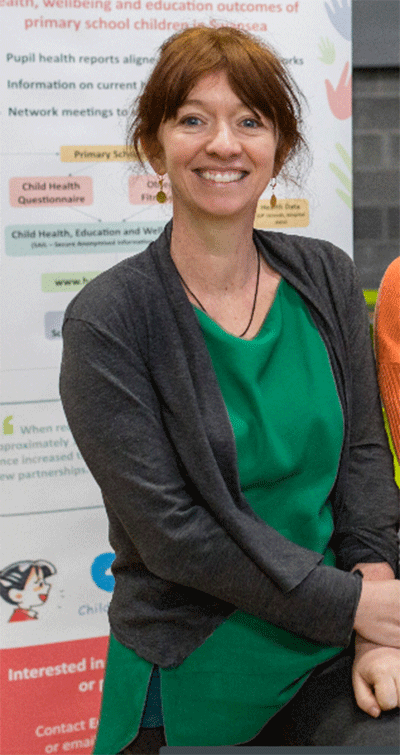A GP has raised concerns about the use of “major tranquillizers” for children with learning disabilities.
Nicholas Sharvill says the use of antipsychotic drugs is at odds with what medics should do for adults with learning disabilities.
He says “non-pharmacological remedies are the norm” for adults.

Professor Sinead Brophy, whose study found doctors were more likely to give antipsychotics to children with learning disabilities
Michael Absoud is a consultant in paediatric neurodisability.
In a practice guide on using antipsychotics on medical website bmj.com, he suggested they were “effective in reducing challenging behaviours” in the short-term.
In a response, Sharvill said GPs are “increasingly being asked to prescribe potent medication off licence long term”.
‘We don’t know what the effects are’
Speaking to Autism Eye, Sharvill, based in Deal, Kent, added: “We don’t really know what the effects of these medications in young developing minds are.”
Sharvill added that doctors now see primary school-age children where medication has become a treatment option.
The NHS is running a campaign known as STOMP. It stands for ‘stopping over medication of people with a learning disability, autism or both’.
Last December, the NHS launched another campaign, called STAMP. It stands for supporting treatment and appropriate medication in paediatrics. As with STOMP, its purpose is to promote drug alternatives.
Antipsychotics effective ‘for very short time’
Professor Sinead Brophy, of Swansea University, last year led a study on antipsychotics in children with learning disabilities.
It found doctors were more likely to give antipsychotics to children with learning disabilities from a younger age. They were also more likely to admit the children to hospital for depression and injury.
Brophy said the drugs can help for a “very short period of time” when families are struggling with aggression.
But she added: “The problem is when people are left on medications which actually have very long-term side-effects.”
Related:
- Petition demands police train in autism
- Nurse condemns over-medication
- Clampdown on over-medication
- Concern over chemical restraint
Published: 4 June 2019















